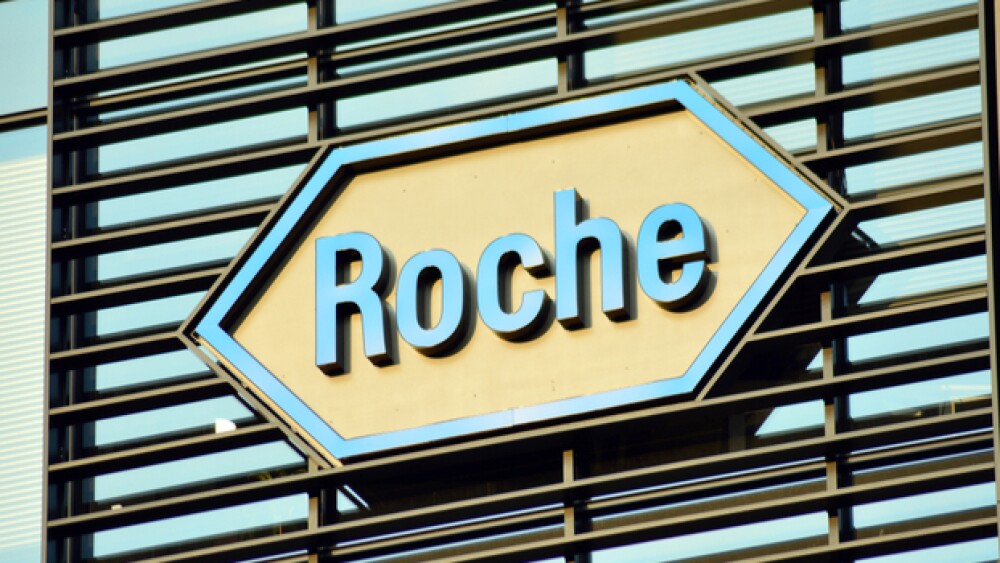Government agencies in the United States and U.K. are scrutinizing Roche’s planned acquisition of the gene therapy company.
Grand Warszawski / Shutterstock
Another delay from the federal government has slowed Roche’s $4.8 billion acquisition of Spark Therapeutics.
This morning, Swiss pharma giant Roche said it received a request for additional information and documentary material from the U.S. Federal Trade Commission in connection to the agency’s review of the pending acquisition of Spark. This is the fourth time the federal government has sought information related to the deal. Roche and Spark planned to file their respective Premerger Notification and Report Forms in late May to allow the acquisition to be completed by June 7. However, this morning, Roche said the government has extended the waiting period in order to complete the review process. The acquisition is governed by the antitrust Hart-Scott-Rodino Act of 1976. The companies planned to file the premerger notification in March, then there were two May delays and now one in June. Despite those delays, Roche said it and Spark continue to support the deal.
“The parties remain committed to the transaction and are working cooperatively and expeditiously with the FTC in connection with its review,” Roche said this morning.
Roche announced the deal to acquire Spark Therapeutics and its gene therapy programs in February. Roche agreed to acquire all outstanding shares of Spark at $114.50 per share. In a move similar to that of Novartis, Roche wanted to bring Spark and its gene therapy treatments under its umbrella, including the approved Luxturna (voretigene neparvovec), a gene therapy for a rare, genetic form of blindness. In addition to Luxturna, Roche is keenly interested in Spark’s gene therapy program for hemophilia A. Last year, Spark released mid-stage data that showed a one-time treatment yielded a 97% response rate in reduced bleeding events in patients. Spark’s gene therapy treatment is expected to complement Roche’s hemophilia treatment Hemlibra. A 2018 approval for a second indication makes Hemlibra the only prophylactic treatment for people with hemophilia A with and without factor VIII inhibitors that can be administered subcutaneously and also includes a dosing regimen up to once every four weeks.
It isn’t just U.S. regulators who are closely examining the deal. Roche also said the U.K. Competition and Markets Authority (CMA) opened an investigation in order to obtain further information in relation to Roche’s proposed acquisition of Spark. According to Roche, the investigation from the CMA will determine whether or not the British agency has authority over the acquisition and, if so, whether or not the CMA considers that the acquisition may be expected to result in a substantial lessening of competition in the U.K. Pending the outcome of its investigation, the CMA has issued an Interim Enforcement Order that would become effective upon closing of the transaction and would require Roche to hold separate the Spark business. Both companies are working cooperatively with the CMA and will continue to do so, Roche said.





